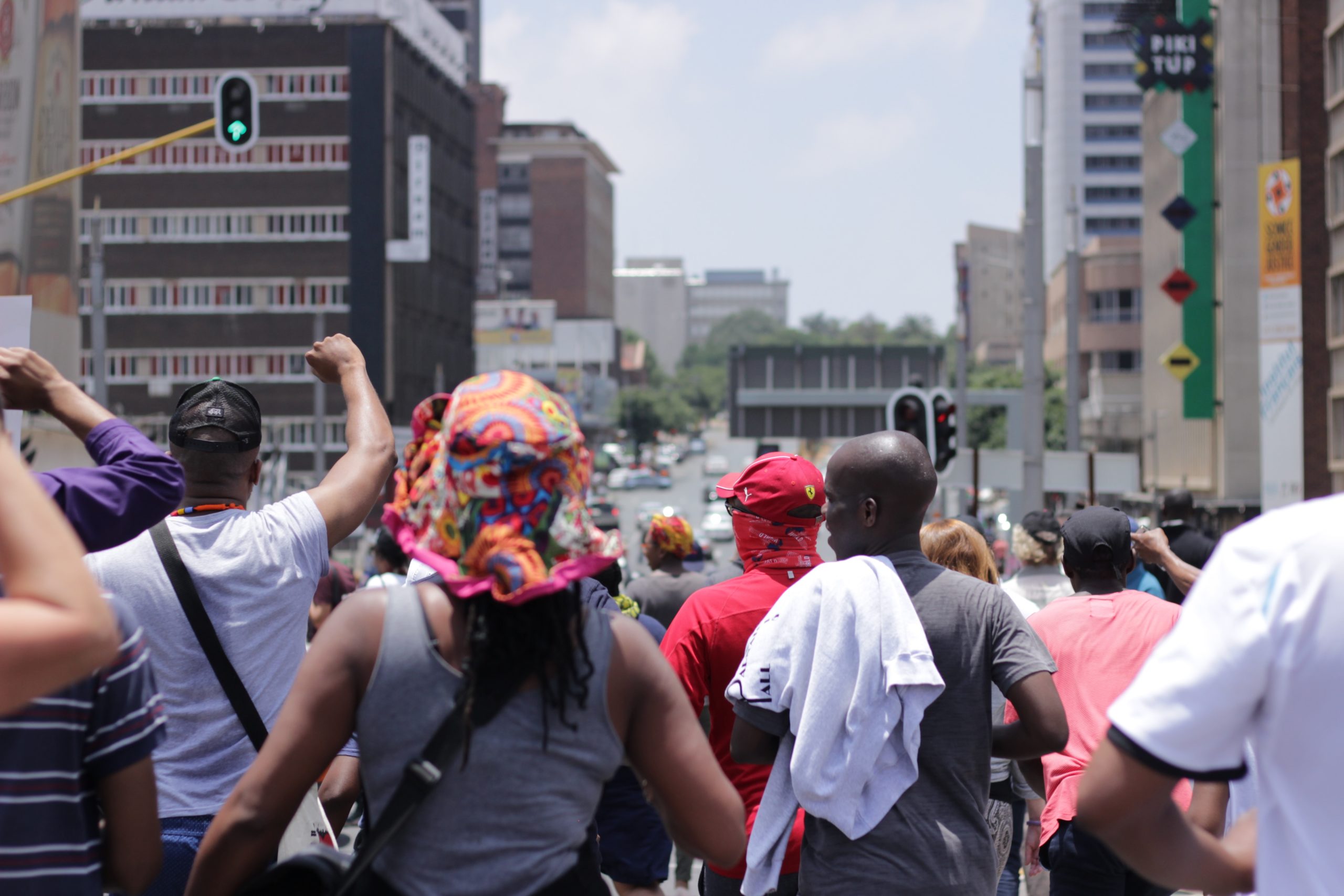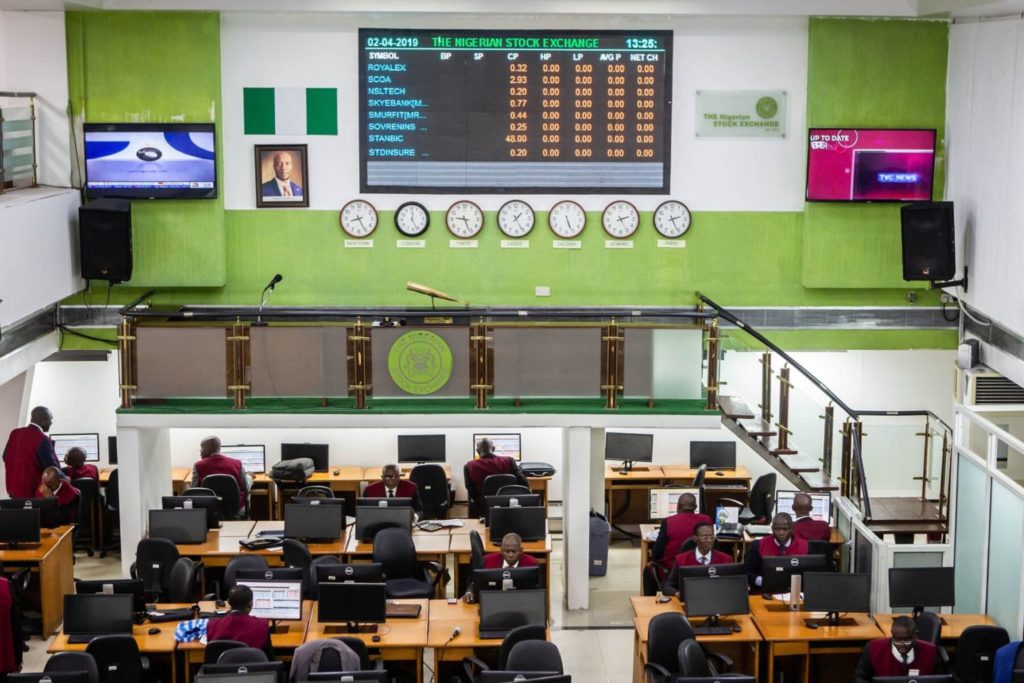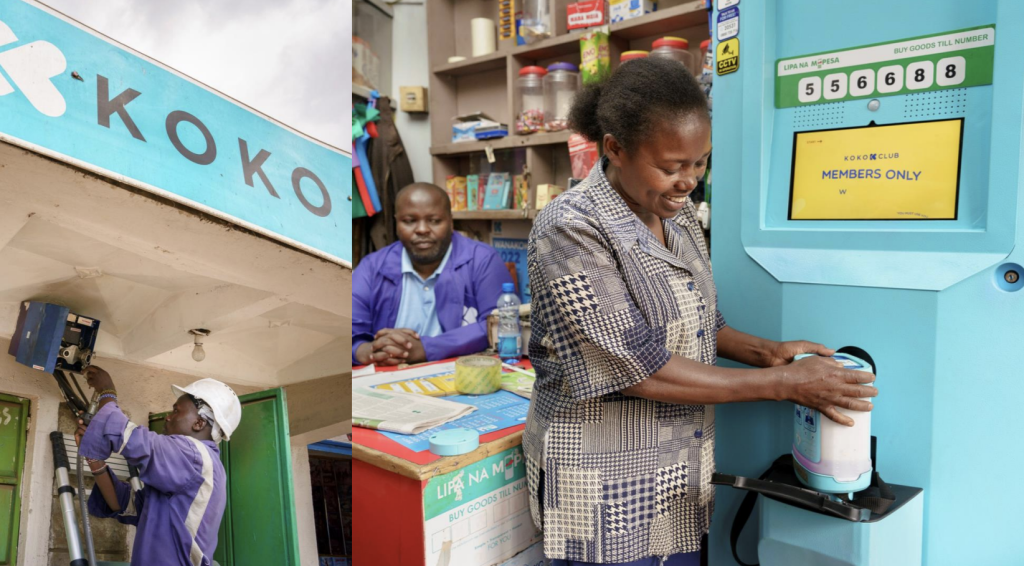You are in the comfort of your work/living space, angry at this turn in public policy, so you are signing petitions online and sharing them to influence change. That’s the summary of your activism, well, save for the social media rants and heated one-on-one discussions with friends and acquaintances during lunch breaks or commutes.
Slacktivism: activism with minimal costs to participants, like online petitions.
In Nigeria, are those e-petitions worth anything in influencing the change you want? Or do we just sign them because it signals that “at least, I did something”?
Petitions, generally, are ancient. Historians have suggested, according to the BBC, that “the first documented petitions were from slaves building pyramids in ancient Egypt, who tried to petition for better working conditions.”
The internet has engendered a new way of doing these appeals to authority.
In the United Kingdom, for e-petitions on the parliament website, if a petition gets 10,000 signatures, the government will respond and those with 100,000 signatures will be considered for debate on the floor of the parliament. There are similar rules in Canada and the United States.
Research turned up none in Nigeria, and Olumide Babalola, a digital rights lawyer, tells me he doesn’t know of any law in Nigeria that governs online petitions.
From asking the legislature to amend provisions of the constitution that deems married women to be of full age even when underage, to requests demanding the release of Omoyele Sowore (a former presidential candidate and founder of online news platform Sahara Reporters, who was arrested for alleged treason and is being held in custody despite being granted bail); petitions abound on Change.org that have largely been ignored by the policymakers they are addressed to. These give the impression that online petitions are ineffective in Nigeria.
But that may not altogether be the case.
Cattle grazing has repeatedly sparked ethnic tensions in Nigeria over the years. According to Amnesty International, over 2,000 people died in 2018 because of clashes between herdsmen and farmers. The clashes resulted from quarrels over the destruction of land, access to pasture and water.
As part of the government’s efforts to curb the crisis, rural grazing area “Ruga” settlements were proposed, a programme that will see each state of the federation have Ruga settlements. This generated an outcry from Nigerians, fearing that the programme was a ploy by the government to establish Fulani strongholds across the country.
John Apollos Maton, a lawyer, who started two petitions related to these incidents on Change.org, says, “they [online petitions] can be a powerful driving force, the problem is that Nigerian leaders are backward. Most don’t even know how to operate mobile phones.”
If this is the case, why then does Maton bother? One of his petitions asking the government to stop the deaths resulting from the clashes has gathered almost 85,000 signatures, while another titled “Stop Ruga Settlements (Fulani Colonies) in Nigeria” gathered 5000 signatures.
Maton explains: “With this government’s clampdown on gatherings and protest, online petitions are a very great way to rally the people for a cause.”
Babalola, the digital rights lawyer, has a similar view, explaining that Nigerians who are more socially and politically conscious prefer to do their activism behind the safety of their devices.
But the government’s clampdown may soon extend to online petitions, in light of the social media gag law being proposed at the Senate. Among other things, the law tagged “The Protection from Internet Falsehood and Manipulation Bill 2019” seeks to prohibit statements on the internet “which may diminish public confidence” in Nigeria’s government. Online petitions will easily fall into this category.
Politicians are not altogether blind to these petitions. Maton, who recently became special aide on legislative drafting to a member of the National House of Representatives, mentions that there are those progressive politicians who engage their constituency online, see the e-petitions and are more inclined to take action.
Also, apart from being a rallying cry, Maton says online petitions “bring foreign attention to all that is going on, so the Nigerian government can’t pretend nothing is happening.”
The Consent Workshop, a foundation that works against rape, started a petition for a sex offenders’ registry based on the Violence Against Persons (Prohibition) Act 2015 which provides that a register for convicted sexual offenders shall be maintained and accessible to the public. At 7799 signatures, the petition was closed on Change.org, with ‘victory’ announced. Nigeria now has a sex offenders’ registry.
The online petition may have helped raise awareness for the issue, as Franklin Ugobude, Director of Media and Communications for The Consent Workshop explains: “I strongly believe that online signatures were very influential in the area of citizen education. Before this online petition, a lot of Nigerians did not know about the absence of a sex offenders registry in Nigeria.”
But the petition, by itself, did not bring about this change. Ugobude acknowledges that there was more work, even from sister organisations and bodies. “There was RoLAC, a 4-year criminal justice program funded by the European Union, executed by the British Council and NAPTIP Nigeria. They had started the work of establishing a sex offender & a service provider registers which is the registry that we have today.”
Ugobude says the problem with online petitions generally, despite their effectiveness in creating awareness, is that “they’re just generally swept under the carpet and they become items that the public keeps talking about.” He makes an example of the soot problem in Port Harcourt, a situation that sees the city blanketed with a cloud of dark dust.
“A look at Change[.org] shows there are various petitions, filmmakers have made projects, tweets and posts have been shared on social media and the problem still exists without the necessary bodies acting on it,” Ugobude says.
Perhaps someone needs to start a petition demanding that e-petitions be officially considered by policymakers in Nigeria when they cross a particular threshold in terms of signatures. Citing the growing rate of internet use in Africa and considering their usefulness in engaging the government, Babalola says that Nigeria is due and moving towards regulation for online petitions, and may even serve as a precursor to online referendums and voting.















